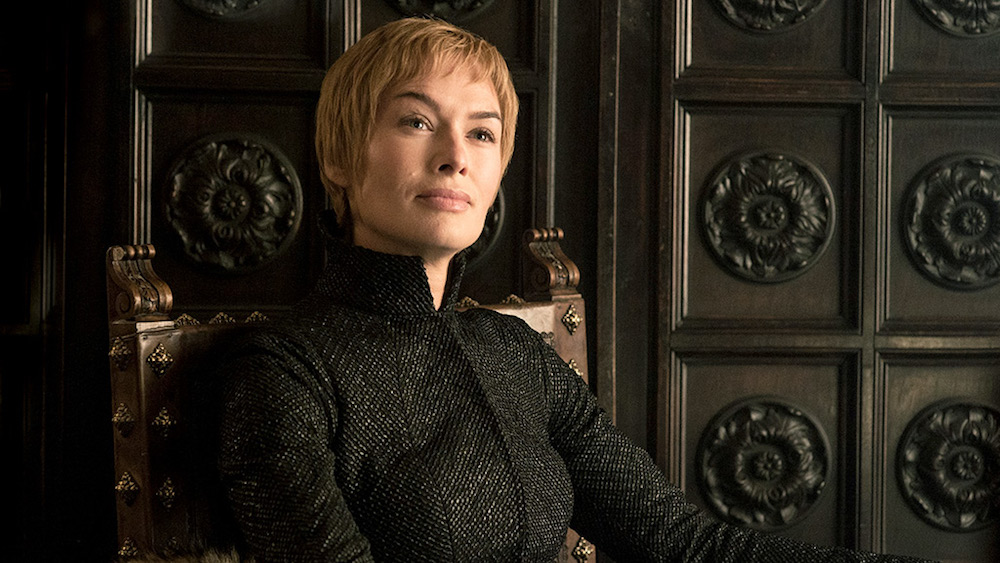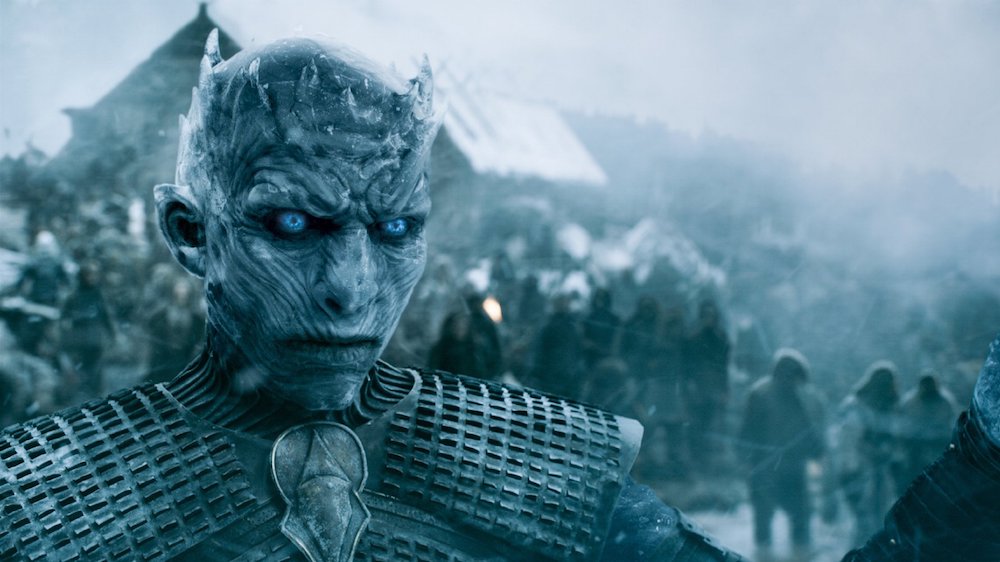As we head into the final phase of Game of Thrones, and what a game it has been, we are faced with three potential rulers. Each have shown their leadership skills and their military might, but what lies under the surface and how could it affect their rule?

Cersei of the House Lannister, First of Her Name, Queen of the Andals and the First Men, Protector of the Seven Kingdoms (Lena Heady)
Patient:
**Cersei Lannister**
Background:
Truly a seemingly powerful and manipulative woman, who’s rise to power included marrying a man she despised, manipulating and puppeteering her children (who were born of incest), and a woman who is so power hungry, I don’t think there's a limit to how far she will go. And now, after the death of all her children, she sits on the Iron Throne herself.
Analysis:
Although she tends to air on the side of evil, I feel since the loss of her children she has headed down a slippery and devastating path into [grief](http://www.nhs.uk/Livewell/emotionalhealth/Pages/Dealingwithloss.aspx). Especially when we consider the different kinds of death her children faced; two were murdered and one took his own life. Each death can in some way be contributed to her actions and behaviour, as attacking them was a conduit for attacking her and her family name. So, this form of complicated grief is no doubt affecting her, but is it influencing her decisions? Now she’s lost everything she loved, has she got anything to lose?
Treatment:
Treatment for grief and loss alone can be a complex one, especially when working with “complicated grief” (more than one loss or a highly unexpected loss, i.e. suicide or murder). A very effective method is William Worden’s four tasks of mourning. It outlines four tasks that you would need to achieve before being able to heal: accepting loss, accepting the pain, adjusting to the environment without them, and moving on.

Daenerys of the House Targaryen, the First of Her Name, The Unburnt, Queen of the Andals, the Rhoynar and the First Men, Queen of Meereen, Khaleesi of the Great Grass Sea, Protector of the Realm, Lady Regnant of the Seven Kingdoms, Breaker of Chains and Mother of Dragons (Emilia Clarke)
Patient:
**Daenerys Targaryen**
Background:
The people’s Queen, or at least what she likes to portray. Yet again, here is a queen who’s past hasn’t always been sunshine and roses. Born from a family of dragon wielding tyrants, who’s last king donned the name the “Mad King”, she has spent most of her reign freeing slaves or reaching out to the lay man. Why can’t she simply take the throne?
Analysis:
When we grow up, we tend to adopt our legacy, and we can hold elements of responsibility for our family’s decisions. So potentially Daenerys holds a lot of guilt and responsibility for her family’s actions. Therefore we are seeing difficulty when making decisions that may show her in the same light as her predecessor. Is there an [identity crisis](https://www.psychologytoday.com/blog/fulfillment-any-age/201203/are-you-having-identity-crisis)? She feels she needs to be a different person, unique to the Targaryen name, yet she also needs to be like “the Mad King” to win the throne. Is this why she seems to get side-tracked at every turn? As making this decision may prove too much.
Treatment:
Treatment for this, in my opinion, comes in two forms: person centred counselling where we allow the client the time and space to explore their past and life story, in order to better understand her direction and identity. Another form could be cognitive behavioural therapy (CBT), which will help change the thought processes that may be preventing her from making the hard choices, and will work mostly with the surface issues.

Jon Snow, the King in the North (Kit Harington)
Patient:
**Jon Snow**
Background:
The illegitimate King of the North, a man whose story has seen celibacy, long cold nights, and even being brought back from the dead. The bastard son of Ned Stark has risen from being a man of the Night's Watch to King of the North. Yet all this success has come about with the cold bodies of his family, and being killed and betrayed by his own men.
Analysis:
The King of the North is certainly an uncertain King, displaying traits of [survivor’s guilt](https://www.goodtherapy.org/blog/psychpedia/survivor-guilt) and potentially guilt for being alive. Since his reincarnation, there are clear signs that he is not happy to have returned to this mortal plain; going on quests that should see his demise, and all together throwing caution to the wind when it comes to his own life. Could the fact he is only in power because his entire male family were killed, or that he feels he should be dead, be the reason he seems to lose all control or belief in his existence? Is this a man that should be King, or does he even want to be king?
Treatment:
Treating this is difficult one due to the complex nature of the case, as we are seeing both grief and loss, and a potential identity crisis. To top it all off, their is survivor’s guilt and a loss of self-preservation. This is where we see the need for an integrative approach to therapy, as we would need to use many different tools to make it successful. An integrative approach, in my opinion, is a strong one as it is like having a tool box of in front of you and enables the therapist to dip in and out using the best approach for that situation. For example, using CBT for the identity issues and William Worden’s tasks for the grief for his family, and also himself.
As you can see, we have three very different rulers, but each with their own psychological demons. In my opinion, Westeros needs to find itself a good counsellor who can help support the future ruler of the lands. With the conditions discussed, we can see common themes in each patient, and as you can see with Jon Snow, he carries the same conditions as Cersei and Daenerys, although for very different reasons. This just shows the individuality of the human race, and the need for flexible and multi-disciplinary counselling.
So, with all of these issues considered, who would you choose to be ruler?

The Night King (Richard Brake)






Comments